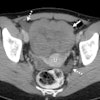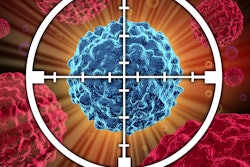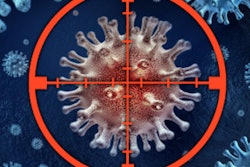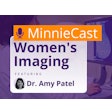Rates of up-to-date breast cancer screening have recovered after declining during the COVID-19 pandemic -- and in 2023, exceeded prepandemic levels, according to American Cancer Society (ACS) researchers.
The boosted breast cancer screening rate is good news, but more needs to be done to increase screening for other cancers -- such as cervical and colorectal -- and to continue to reduce smoking rates (which did decline during the study time period), wrote a group led by Priti Bandi, MD, of the ACS. The report was published April 23 in Cancer Epidemiology, Biomarkers & Prevention and also in an ACS paper, Cancer Prevention and Early Detection Facts & Figures, 2025-2026.
"These latest findings are encouraging, mainly the reduction in smoking rates and screening for certain cancers, but it's clear urgent efforts are needed to address lagging cervical cancer prevention," Bandi said in a society statement.
In their analysis, Bandi and colleagues assessed national and state-representative data from between 2021 and 2023 from the National Health Interview Survey (NHIS), the Behavioral Risk Factors Surveillance System (BRFSS), the National Health and Nutrition Examination Survey (NHANES), and the National Immunization Survey-Teen (NIS-TEEN).
The investigators found the following:
- Up-to-date breast cancer screening not only recovered to prepandemic levels in 2023 (80%) but also exceeded them after declining during the COVID-19 pandemic.
- Colorectal cancer screening also increased in 2023 (60% overall and 54% for colonoscopy) after flattening during the pandemic.
- Up-to-date cervical cancer screening remained below prepandemic levels (73%), continuing a longer-term trend of decline since the early 2000s.
- Cigarette smoking declined in 2023, but high smoking prevalence continues in American Indian/Alaska Native individuals, Black males, less educated people, and bisexual women.
- HPV vaccination prevalence in people 13 to 17 years old remained flat.
"Our report underscores the need to strengthen efforts to improve access and receipt of preventive services, including cancer screening, HPV vaccination, and counseling and treatment for tobacco dependence," said senior author Ahmedin Jemal, MD, also of the ACS. "We must also work to identify individuals of racially/ethnically diverse groups and socioeconomic positions who continue to be greatly affected by cancer to accelerate progress against the disease."
The complete report can be found here.




















